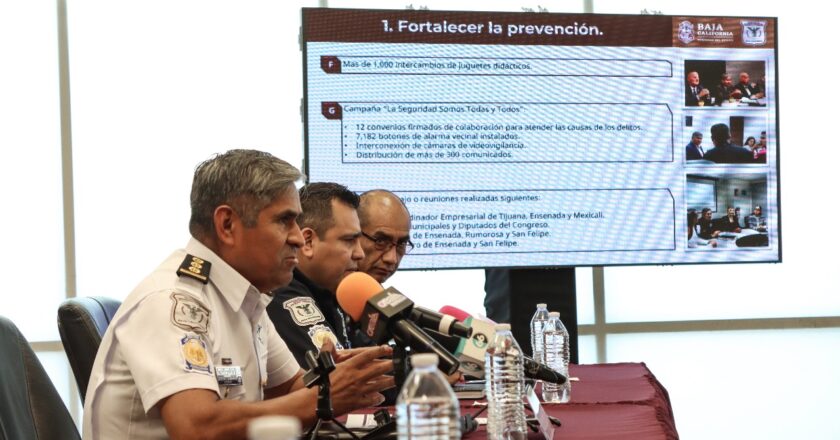Midnight Hammer & Operation Fallout This Saturday, June 22, Donald Trump announced Operation Midnight Hammer—a U.S. airstrike targeting three key …


Midnight Hammer & Operation Fallout This Saturday, June 22, Donald Trump announced Operation Midnight Hammer—a U.S. airstrike targeting three key …

Running Toward Community: Rosarito’s Half Marathon Was More Than Just a Race ROSARITO, B.C. — The streets of Rosarito were …

🌦️ BAJA CALIFORNIA — June 2025 June in Baja has been one wild ride. Foggy coastlines one minute, triple-digit inland …

BAHÍA DE LOS ÁNGELES, Baja California — June 15, 2025 What happens when 160 anglers, 31 boats, and a whole …

The winds of change are blowing through Baja’s security forces. On Monday, June 16, 2025, General Laureano Carrillo Rodríguez, head …

Trump Cancels First Sheinbaum Sit-Down, But Mexico Keeps Its Cool So… the big handshake between U.S. President Donald Trump and …

Paris might be famous for love and croissants, but this week, it’s full of wings, rockets, and investment deals. That’s …

How to download a PDF of this publication:1. Locate the icon toolbar at the bottom part of the newspaper window. …

Get ready to furnish your calendar—Expo Mueble BC is back for its eighth edition, and it’s bigger, bolder, and more …

Baja Watches Closely as U.S. Migrant Protests Escalate Things have been heating up across the border, and we’re not talking …